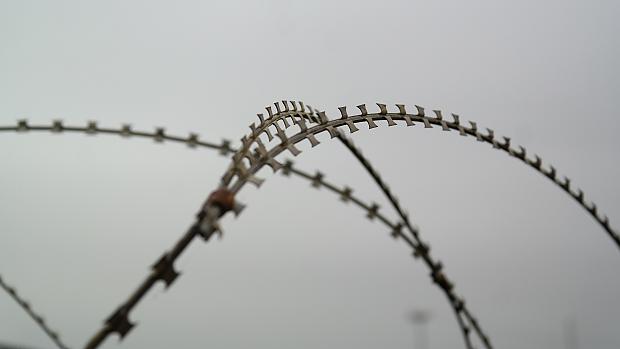Prevent war in Ukraine and stop arms race
Prevent war in Ukraine and stop arms race

Russian-Ukrainian border tensions have led to negotiations on disarmament and conflict resolution. Now is the time to make a virtue of necessity and establish firm agreements to prevent war.
Russian rulers have submitted severe demands; in fact, Putin wants all NATO troops to leave Russian border areas. He also wants NATO to guarantee that Ukraine and Georgia will never become NATO members.
This of course all fits with the intimidating power politics that Putin has used for years, towards his opponents at home and towards his neighbours. Which is unacceptable, as Ukraine and Georgia are sovereign countries.
As much as Putin may want to, Back to the Future is not going to happen.
The US and the EU argue that countries will decide for themselves whether to join NATO. Putin insists that the West promised not to expand NATO eastward. This expansion is clearly taking place. This expansion and the NATO tone of triumphalism are worsening the relationship with Russia.
To talk about NATO membership for Ukraine and Georgia under the current circumstances would be very unwise.
The West have heavily armed Ukraine. Hundreds of millions dollars worth of military support has been provided, mainly for training and weapons. Last November, the US entered into a new agreement with an additional contribution of USD 60 million. On the eastern border, Putin has mobilized some 100,000 troops, ready to invade Ukraine.
This arms race is highly critical; one wrong shot could start a war. And war must be prevented at all costs.
Where is the wisdom to handle this tense situation? For our part, we have looked at previous agreements aimed at détente and disarmament, such as the 1990 Paris Charter that settled the Cold War. The Charter called on members to strengthen the democracy and emphasized the sovereignty of states and the right to security. The Organization for Security and Cooperation in Europe (OSCE) must focus on the implementation of these commitments.
To us, the principles of the Charter are the basis for the ongoing negotiations. The three key points are:
- Prevent a war; commit to de-escalation and a political solution.
- Countries are sovereign; Russia must withdraw from all countries where their presence is illegal, including Ukraine and Georgia.
- Commit to negotiating disarmament and winding down military activities in Europe. Nuclear weapons must be removed.
These negotiations are to result in new agreements - in line with the Paris Charter. Collective European security must be central. The OSCE is the preeminent organization in conflict prevention and arms control and will have a leading role.
So far, European countries are playing a marginal role in the negotiations that are taking place. Even though they are not at the negotiating table, they can make their voices heard. It is the least we can do to avoid war.
Jasper van Dijk, SP MP, Defence spokesperson

Add new comment